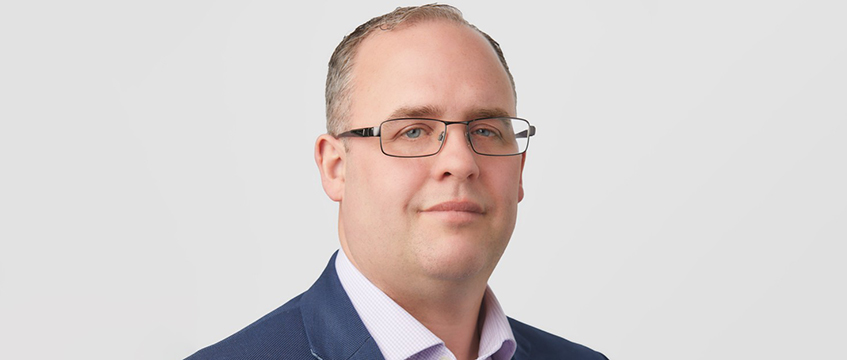It’s time for a check-up on safe sick pay
COMMENT Across the UK real estate sector there’s a magnitude of workers keeping our operations running, but they are often overlooked.
Most work environments come back to physical buildings, and they require security, cleaners, receptionists and maintenance support staff.
These essential but hidden workers often experience anti-social hours and long commutes which affect their mental and physical health as well as family life and relationships. Yet the majority are on lower wages and go without access to the kinds of safeguards many of us take for granted.
COMMENT Across the UK real estate sector there’s a magnitude of workers keeping our operations running, but they are often overlooked.
Most work environments come back to physical buildings, and they require security, cleaners, receptionists and maintenance support staff.
These essential but hidden workers often experience anti-social hours and long commutes which affect their mental and physical health as well as family life and relationships. Yet the majority are on lower wages and go without access to the kinds of safeguards many of us take for granted.
Inequality in health
Health and wealth are closely correlated and with cost-of-living challenges hitting the poorest hardest, inequality in health outcomes is widening.
Almost 2m workers in the UK receive no sick pay because they earn below the earnings threshold of £123 per week. That means they don’t get paid to attend a hospital, GP or other health appointments, or if they are unable to work because of illness. Fear of losing pay or appearing weak or unreliable, especially in a cost-of-living crisis, prevents them from asking for time off to look after their health.
Ultimately, all workers should have the same access to sick-pay policies and basic healthcare, whether as a full-time employee or a third-party supplier. Employers and those who procure services can take action to improve the lives and health outcomes of hidden workers, improve retention of the best staff and productivity.
There are some misconceptions about implementing these changes. The concern is that introducing basic sick pay support comes at a significant cost. L&G’s experience is that this adds just 1-2% to annual contract values. This also has the benefit of making the change mandatory and enhancing transparency on how people can access this support. The second misconception is that workers might take advantage of a more “generous” system. However, we know that early diagnosis and recuperation reduces ongoing absences and that performance management systems in the workplace are good safeguards against abuse of a system.
Taking the lead
Detailed work by groups such as the Centre for Progressive Change and Tavistock Relationships show the benefits to employers and employees on implementing these changes. The former estimates that reforming sick pay could reduce sickness absence, presenteeism and the number of people on long-term benefits as well as boosting productivity.
Taking the lead, L&G is calling for three changes to support hidden workers:
1. Day-one sick pay.
2. Access to 24/7 virtual GP and mental health services.
3. Death in service benefits as standard.
Across more than 80% of its 400-plus buildings, L&G has already mandated that cleaning, security, landscaping and other suppliers must drop waiting days, introduce a top-up sick pay and provide access to online GP services.
Tackling the issue
L&G is not the only real estate-owning business tackling this issue. Grosvenor’s UK property business is implementing new policies for major contractors including enhancing statutory sick pay in line with the Living Wage. A major retender for services to 400 buildings in its London portfolio will also ask suppliers to cost RFPs with the three benefits outlined included. But it’s not just practical changes that are needed.
We need to acknowledge the value of those that maintain and keep our buildings operational. Post-Covid the spotlight has fallen away from these key workers and more progressive policy making has fallen off the agenda. We want to see businesses partnering with their supply chain to ensure that workers get supported in the most appropriate way possible, and to rightly view them as an extension of their teams.
Beyond implementing changes in their own supply chains, L&G and Grosvenor Property UK will bring the industry together later this year to discuss how these policies can be applied across the sector and beyond. I wouldn’t accept a job with an employer that didn’t support easy access to medical services. Would you?
As companies committed to positive social impact, we must support safe sick pay across our industry.
Mark Tyson is head of asset services at LGIM Real Assets











